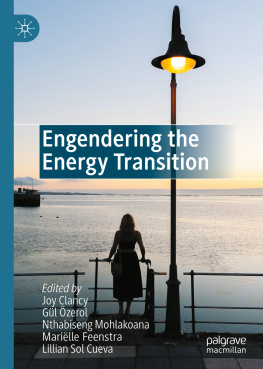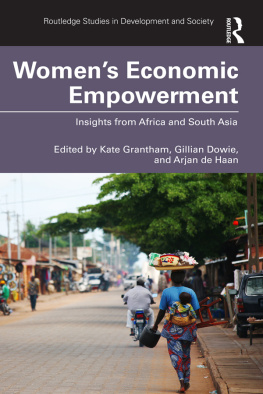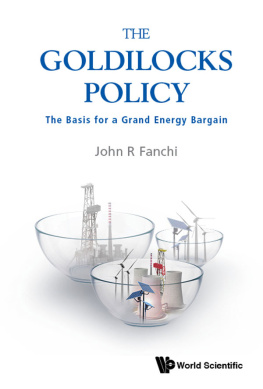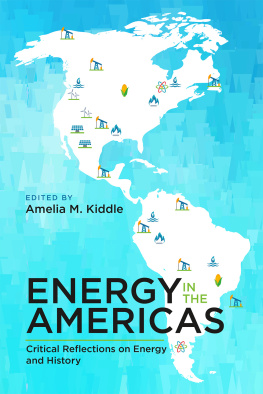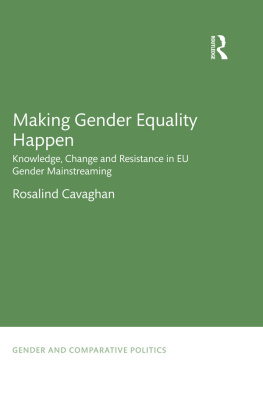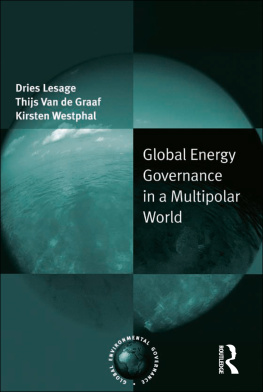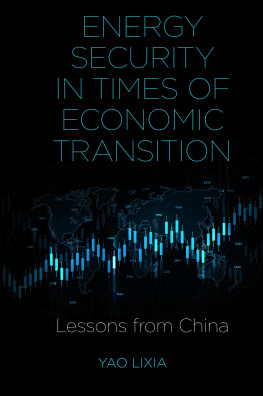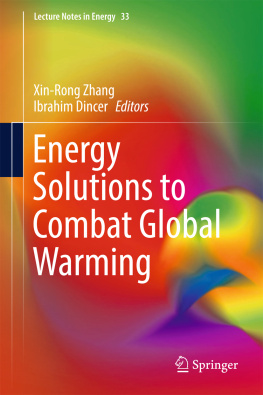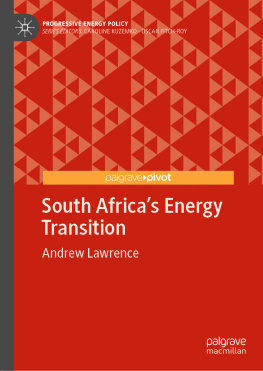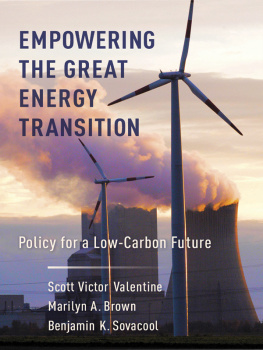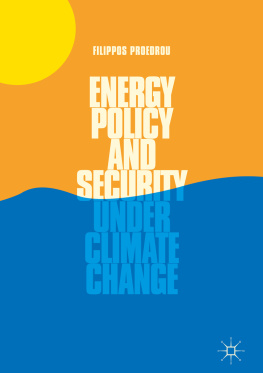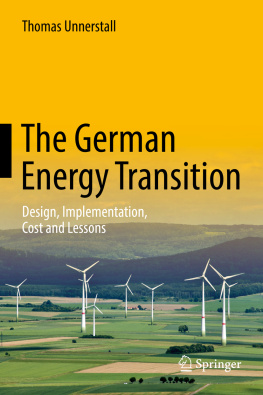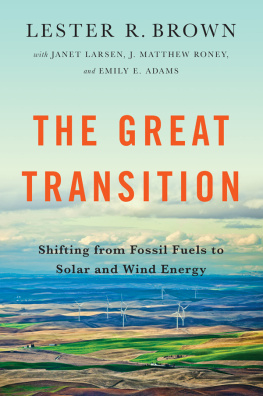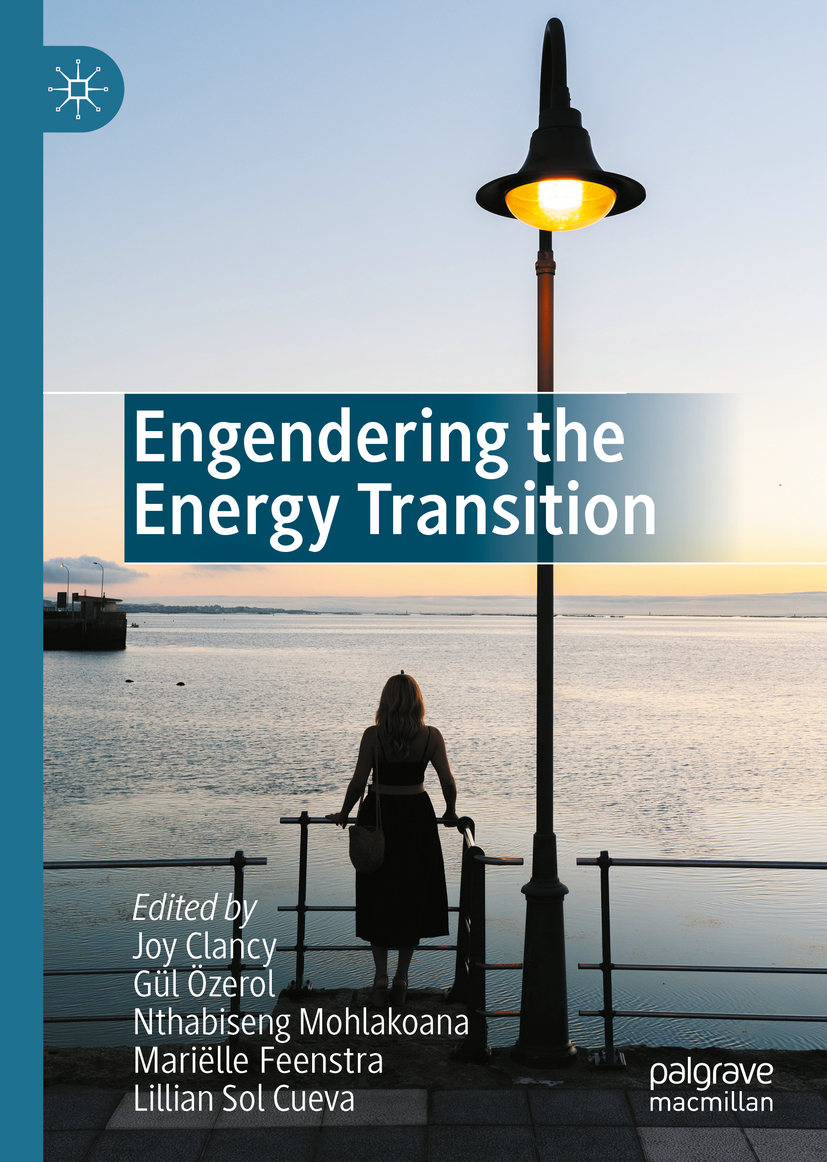Editors
Joy Clancy
CSTM, University of Twente, Enschede, The Netherlands
Gl zerol
CSTM, University of Twente, Enschede, The Netherlands
Nthabiseng Mohlakoana
CSTM, University of Twente, Enschede, The Netherlands
Marille Feenstra
CSTM, University of Twente, Enschede, The Netherlands
Lillian Sol Cueva
ISS, Erasmus University Rotterdam, The Hague, The Netherlands
ISBN 978-3-030-43512-7 e-ISBN 978-3-030-43513-4
https://doi.org/10.1007/978-3-030-43513-4
The Editor(s) (if applicable) and The Author(s), under exclusive license to Springer Nature Switzerland AG 2020
This work is subject to copyright. All rights are solely and exclusively licensed by the Publisher, whether the whole or part of the material is concerned, specifically the rights of translation, reprinting, reuse of illustrations, recitation, broadcasting, reproduction on microfilms or in any other physical way, and transmission or information storage and retrieval, electronic adaptation, computer software, or by similar or dissimilar methodology now known or hereafter developed.
The use of general descriptive names, registered names, trademarks, service marks, etc. in this publication does not imply, even in the absence of a specific statement, that such names are exempt from the relevant protective laws and regulations and therefore free for general use.
The publisher, the authors and the editors are safe to assume that the advice and information in this book are believed to be true and accurate at the date of publication. Neither the publisher nor the authors or the editors give a warranty, expressed or implied, with respect to the material contained herein or for any errors or omissions that may have been made. The publisher remains neutral with regard to jurisdictional claims in published maps and institutional affiliations.
Cover illustration: Dani_Fotografo/gettyimages
This Palgrave Macmillan imprint is published by the registered company Springer Nature Switzerland AG.
The registered company address is: Gewerbestrasse 11, 6330 Cham, Switzerland
Foreword
Having worked together with Joy on gender and energy issues over a couple of decades, it is indeed a pleasure to write a Foreword to this book edited by her. It is an important contribution to the debate on the energy transition , making a break with the dominant analysis by bringing in demand or use of clean energy, rather than just supply. In the course of dealing with demand for clean energy, this book deals with gender issues at the household level.
This book is the product of a 2016 Symposium on Engendering the Energy Transition, organized by the University of Twente, the Netherlands. Most of the participants discussed the role of gendered power relations in the energy transition and the need for transformative change through incorporating the principles and practices of integrating gender concerns and womens empowerment .
This book makes a successful attempt at addressing two inter-related themes. First, an analysis of energy poverty through a gender lens, showing differences and similarities between the Global South and the Global North , and thereby implicitly suggesting the need to learn from each others experiences. That we should inform our understanding of energy and ecology through gender audits of cultures : how the existing norms and power relations between women and men within the household and in the community shape our data production and analysis of energy transitions , as well as policies and institutions of energy governance . Several chapters in this book argue for provisioning of clean cooking energy services for women engaged in commercial food production in the street food sector in Africa, which is likely to strengthen womens income generating role through access to and use of modern clean energy.
Second, farmers adaptation to climate variability and droughts: how women and men within the gendered farm households make decisions about their adaptation strategies. Interestingly, womens ownership of assets in their own names and mens absence from the household , as well as the higher educational level of women, are said to be the major drivers enabling women to have greater voice and different decision-making mechanisms in the rural households of Tanzania . By the same logic of gender analysis , there is need to see water governance beyond formal institutions, to understand decision-making spaces influenced by social and cultural norms in everyday use and management of water resources. Several chapters in this book argue for gender responsiveness in climate financing, in investments and in methodologies to calculate the impact of climate finance on womens well-being and empowerment.
The energy transition in the book refers mainly to household energy use, with the transition from fuels, such as solid biomass , that are polluting at the household level to relatively clean fuels, such as electricity or gas of some kind, whether LPG, CNG or even biogas. There has been a dominant tradition in energy analysis to think that the fuel transition from unclean to clean fuels is just one of assuring supply, with demand taken care of by the growth of household income. Government policy then needed to just deal with clean energy and the macro policy of economic growth; demand would take care of itself. Feminist analysts pointed out that in the rural South this often did not work out so easily. Electricity or gas connections were made and growth took place, but there were still millions of households cooking mainly with solid biomass . Joy has been part of the team of gender and energy analysts who have tried to deal with this problem and see how the crucial gap between supply and use could be bridged.
What does engendering of household energy transition entail? First, it means moving away from the unitary model of the household , where household income could be a determinant of fuel use, to a collective model, where fuel use decisions are the result of bargaining between the two principal adults, woman and man. Second, it means understanding the factors that determine bargaining within the household . This means bringing in gender factors such as the distribution of property and income between women and men.
In this distribution of the use of household income, there is yet another factor that comes into playthe gender differential in the opportunity costs of womens and mens labour . As is well known, there is a higher participation of men in independent income-earning opportunities, while womens work is largely subsumed into the non-independent earning categories of unpaid family labour or domestic service. This affects both the demand and supply sides of the clean energy equation. Wood fuel is collected with mainly womens low-valued or unvalued labour . As one would expect, that which is socially ascribed with little or no value is over-used contributing to womens time poverty and burden of labour . Another consequence is the excessive reliance on unclean, wood fuel. It also affects the demand for clean fuel. This double effectone, over-supplying unclean fuel, and two, under-demanding clean fuelmakes the energy transition particularly difficult in poorly developed labour markets in the South.

